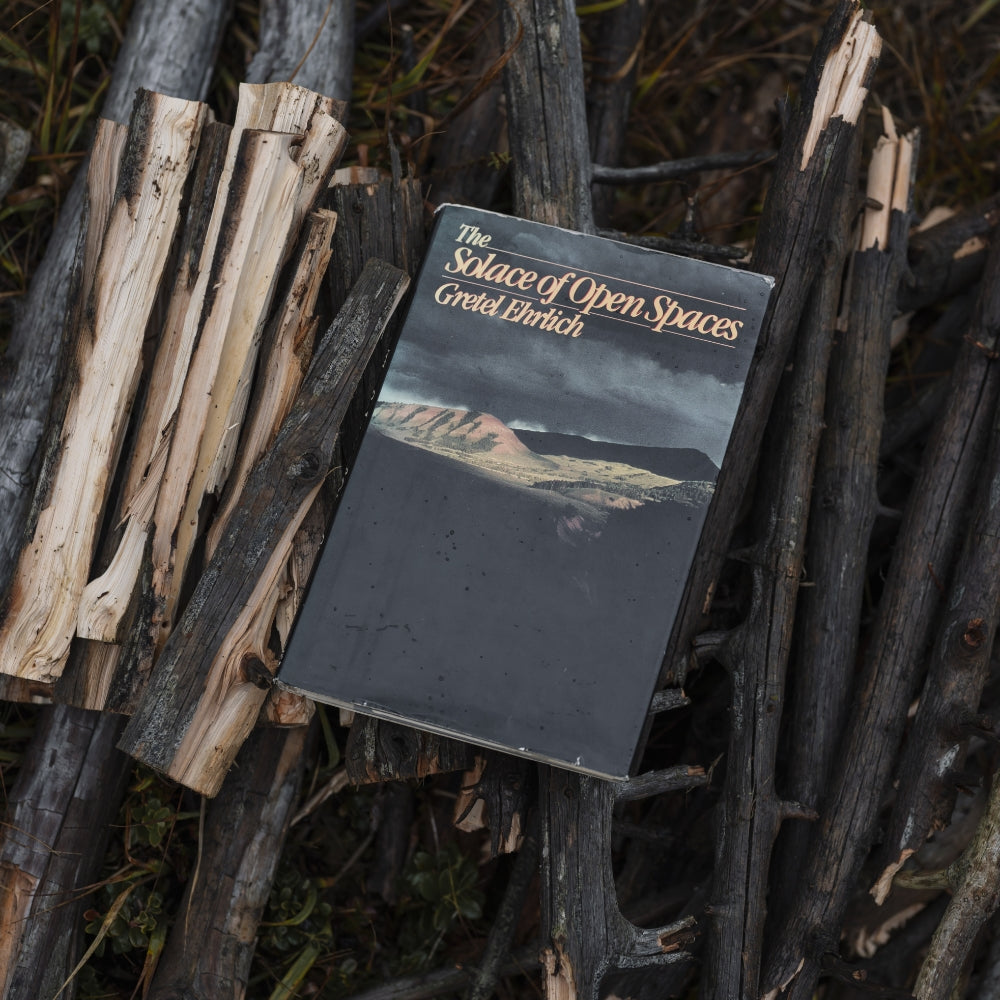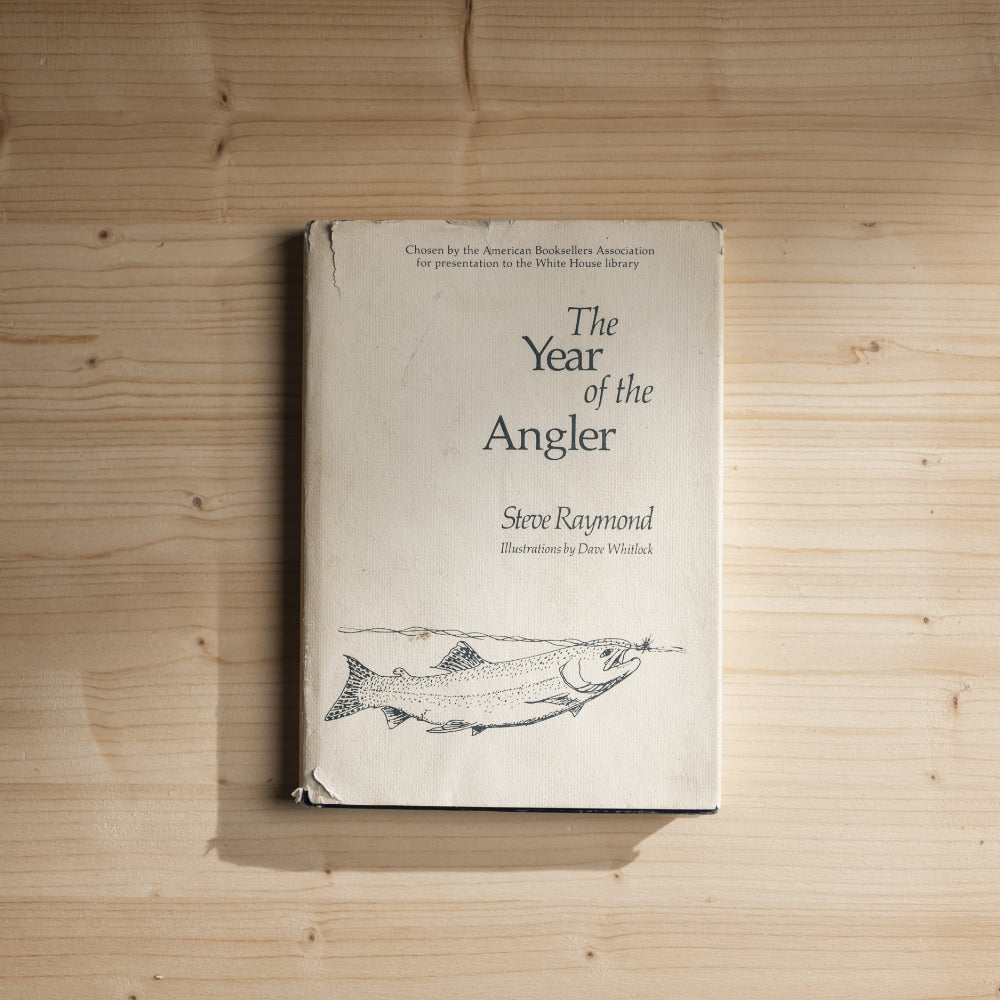The "Trapper’s Bible" by Jay McCullough is an exhaustive compendium that caters to the most seasoned outdoorsmen as well as novices to the world of trapping and survival. This guide, mirroring our brand’s dedication to equipping individuals for the wilderness, provides an encyclopedic look into the techniques, ethics, and practical knowledge necessary for living off the land. In this review, we delve into McCullough's work, highlighting its significance to those who seek to embrace the untamed world with respect, skill, and preparedness.

McCullough's tome is rich with detailed instructions on various trapping techniques, covering a wide range of environments and target species. However, the "Trapper's Bible" goes beyond mere methodology; it embeds within its pages a deep understanding of the natural cycles and the importance of ethical trapping practices. This aligns closely with our ethos of sustainability and respect for nature, underscoring the belief that engagement with the wilderness should be conducted with mindfulness and stewardship.
One of the key strengths of the "Trapper’s Bible" is its commitment to comprehensive education. McCullough offers insights into the behavior of animals, survival strategies, and the crafting of tools from natural materials. The guide is not just about trapping; it’s a holistic view of outdoor living, encouraging a symbiotic relationship with the environment. Readers will find chapters on navigating the wilderness, weather prediction, and even emergency survival techniques invaluable, making the book a versatile resource for any outdoor expedition.
The manual’s practical advice is complemented by its philosophical underpinnings, which advocate for a balance between utilizing natural resources and preserving them for future generations. This perspective is crucial for our times, resonating with our commitment to creating goods that endure not just in quality but also in meaning. The "Trapper's Bible" encourages a lifestyle that appreciates the abundance of nature while recognizing the responsibility that comes with it.
Recommending the "Trapper’s Bible" is an invitation to engage with the wilderness in a manner that is both informed and respectful. It’s an essential read for anyone looking to deepen their understanding of the natural world, enhance their survival skills, or explore the traditional art of trapping. McCullough's work serves as a bridge between ancient knowledge and modern outdoor practices, offering a comprehensive guide that is as informative as it is enlightening.
In conclusion, Jay McCullough's "Trapper’s Bible" is a testament to the rich tradition of trapping and wilderness survival, imbued with a contemporary sense of ethics and sustainability. It stands as a vital resource for anyone who views the wilderness not as a frontier to be conquered, but as a complex ecosystem to be understood and respected. For those committed to exploring the depths of the natural world with honor and skill, the "Trapper’s Bible" offers invaluable guidance, ensuring that each venture into the wild is undertaken with wisdom, preparation, and a profound respect for the balance of life.











